Contemporary Ukrainian writers and their opinions
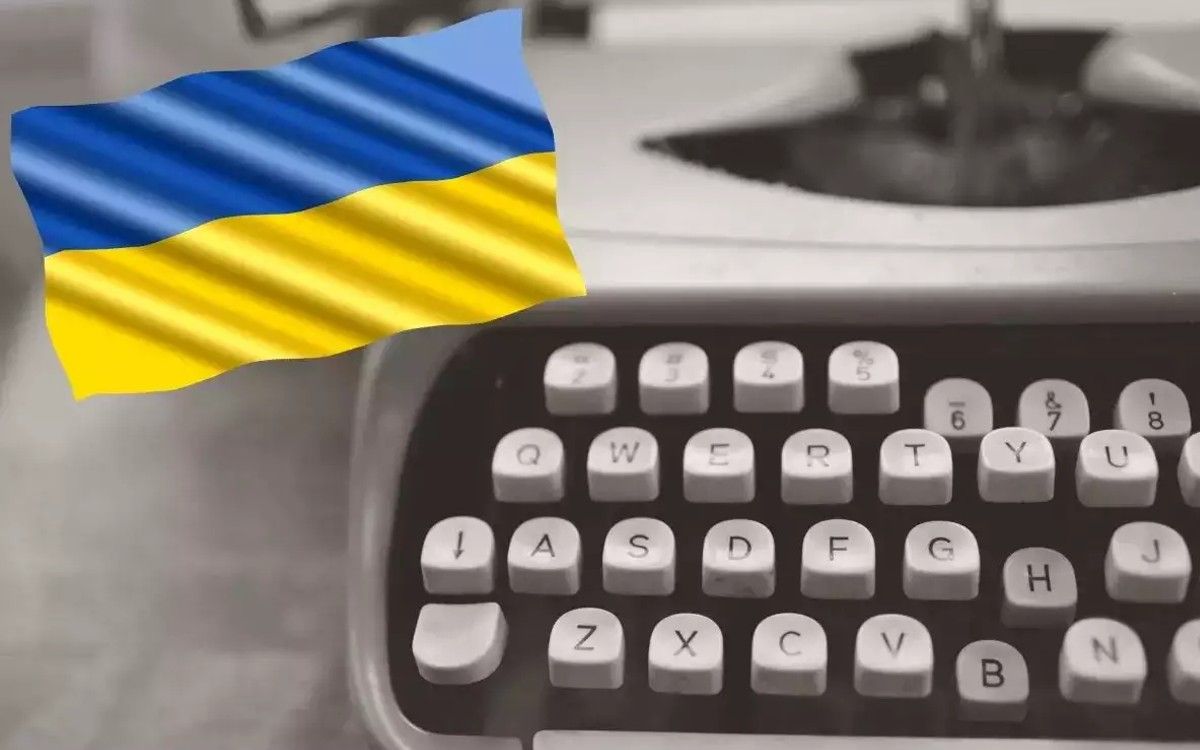
Ukrainian writers of the present day also share this “nonserious spirit.” Dralyuk cites the 2015 book Carbide by Andriy Lyubka as an appropriate illustration: “It’s just wonderful. It’s one of these bandit stories, where a history teacher decides to dig a tunnel under the Ukrainian border and sneak all 40 million Ukrainians into the EU.”
What other characteristics does modern Ukrainian literature display, and what can it teach us about the nation? Some of the translated texts, according to Murray, “share a theme of irrecoverable loss, like missing parts of our own past that we cannot know any more because the living memory is gone”. Given the losses Ukraine has endured during its turbulent century, this may not be shocking. “What it feels like to have that hole behind you, and creative attempts to fill it,” she says, of Ukrainian writing.
Murray notes that since 2014, “the Ukrainian government put more resources into translating modern Ukrainian literature overseas, which is why we’re now seeing that investment paying off.” For her, one of the key voices is Oksana Zabuzhko, who “became very famous in Ukraine back in the 90s. She published this short novel called Fieldwork in Ukrainian Sex (1996). And it was the first novel that was by a woman, about a woman navigating the postcolonial psyche, including in her relationships to Ukrainian men and other men. So she wrote about things that had never been written about before.”
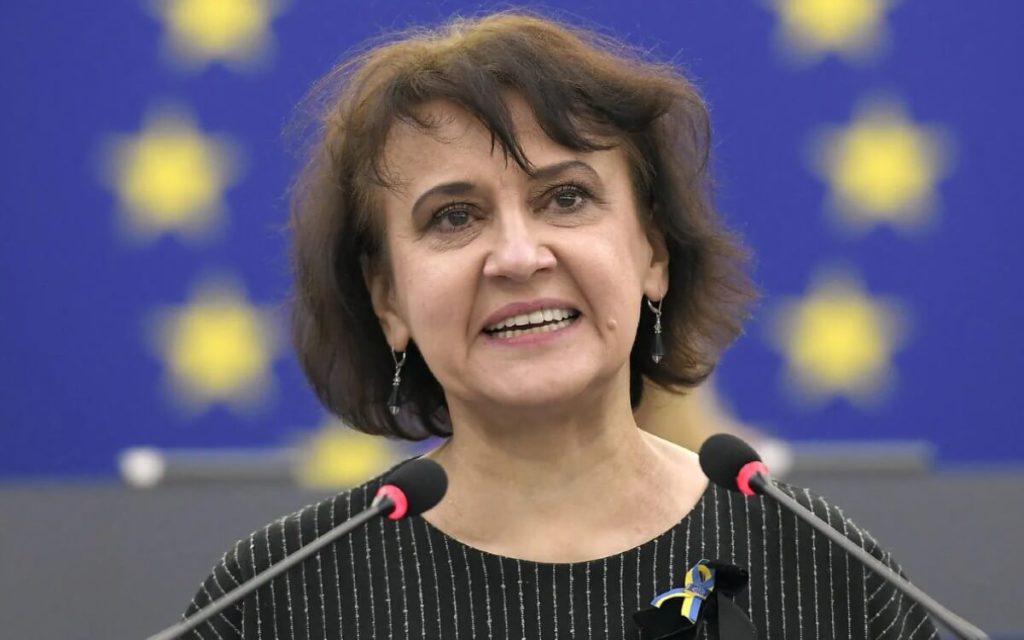
Andrey Kurkov, whose most recent book, Grey Bees (2018), is set in the “grey zone” that developed between Russian separatists and Ukrainian military in the country’s south-east after the takeover of Crimea in 2014, is one of the most well-known contemporary Ukrainian authors abroad. Kurkov takes a circumspect approach to the conflict: his protagonist, the beekeeper Sergey, has one of his hives seized by Russian authorities; when it is later returned to him, it is no longer functional as a place for the bees to live. From Donbas to Crimea, sweet, innocent Sergey finds individuals that symbolize contemporary Ukraine. They have demonstrated an abundance of generosity, kindness, and resiliency during the current situation.
Murray and Dralyuk were asked to suggest some contemporary Ukrainian authors who have been translated into English but are less well-known than Kurkov. “There’s a great book by a poet called Iryna Shuvalova,” says Murray. “It’s called Pray to the Empty Wells, [and] some of the poems reflect the process of comprehending the 2014 invasion and war.” Yuri Andrukhovych, a more seasoned author whose works include The Moscoviad and Twelve Circles, is recommended by Dralyuk. He writes “in a kind of surrealist vein, very jocular, very satirical, that can explain the nature of the Ukrainian mentality and its history”.
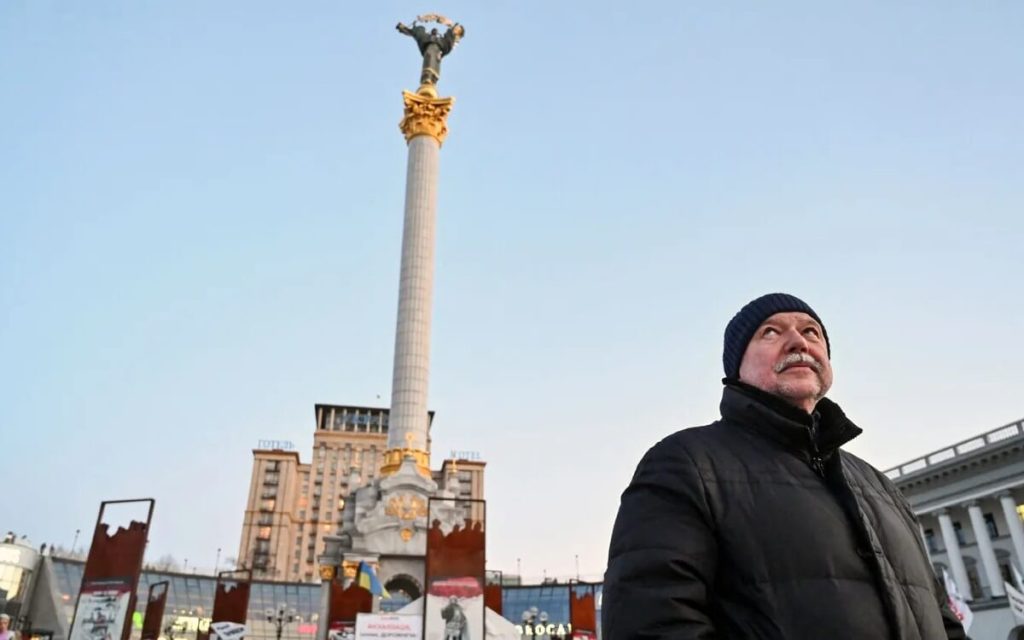
Ryszard Kapuciski, a Polish author, was present when Ukraine gained its independence in 1991. “The future of Ukraine will develop in two directions: in terms of its relations with Russia, and in terms of its relations with Europe and the rest of the world” – he predicted in his book Imperium. Although it cannot bring those two orientations together, writing from and about Ukraine can aid in our understanding of both. Dralyuk and Murray are dedicated about assisting non-Ukrainians in understanding this nation through its writing because Ukraine has far too frequently been in the news for the incorrect reasons. Lev Ozerov, a Kyiv native, is the author of Portraits Without Frames (1999), a book of brief, colorful verse biographies of 50 significant Ukrainian and Russian figures, including Isaac Babel, Boris Pasternak, and Anna Akhmatova. Dralyuk raves about this recently translated work into English.
“It’s a very important book [that] hasn’t received much attention,” says Dralyuk. “But it’s the work of a man whose identity is front and centre now on our screens. Like [Volodymyr] Zelensky, the president of Ukraine, Ozerov was a Soviet-born Jewish person in the territory of Ukraine, who was as loyal to his Ukrainian identity as he was to his identity as a Russian writer. If only we had time to read it – we have a lot of other things to do! – I think the book would give us a very valuable perspective on what it means to be Ukrainian. It’s not just being some hardcore nationalist who drapes himself in the flag,” he adds. “It’s having respect for the extremely diverse multilingual culture of the second-largest country in Europe.”
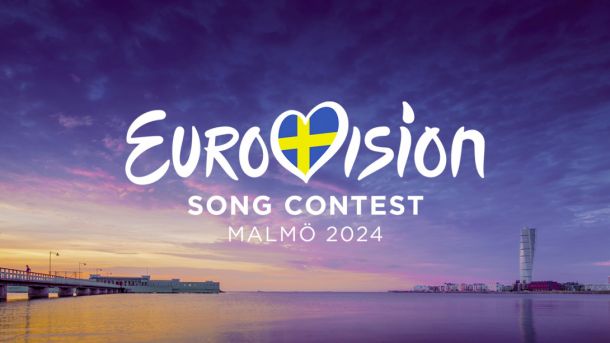


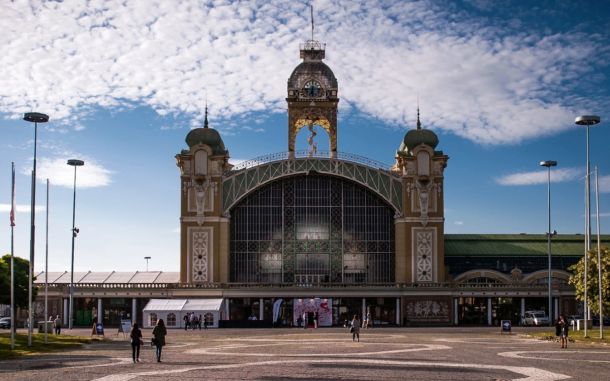
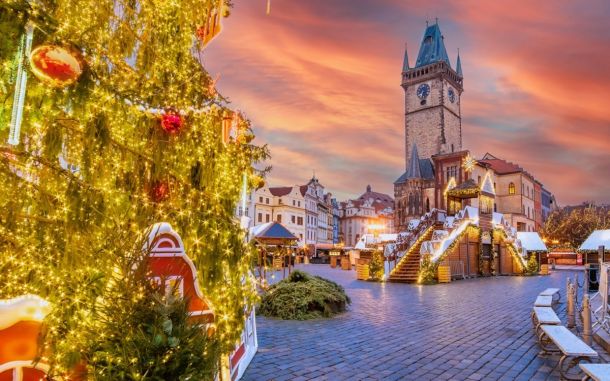
Leave a Reply
You must be logged in to post a comment.